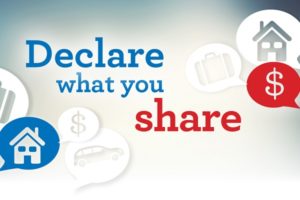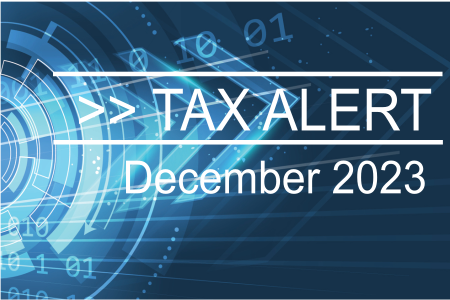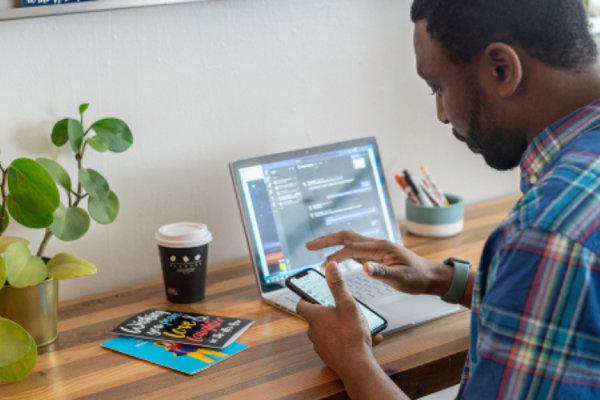With living costs rising every day, many people are keen to earn some income on the side using the flexible opportunities created by the new sharing economy. Digital platforms like ride-sourcing app Uber, or Airtasker for odd jobs and deliveries, are making it easier than ever for buyers and sellers to connect.

Remember it’s income, so declare it
What many people are forgetting, however, is that there are tax implications when you earn spare cash through these apps; the ATO considers you are a contractor and you must pay your own income tax.
When you’re involved in the sharing economy, all the income earned from these activities must be included in your tax return, or you could face a hefty tax bill. The ATO has made it clear it’s keeping a close eye on people making money this way and is undertaking sophisticated analysis of tax returns and platform data to find tax dodgers.
Are you running a business?
If you provide goods or services for a fee, you need to determine whether the ATO considers you are involved in a business activity or a hobby. Generally, a hobby is a spare-time activity or pastime pursued for pleasure or recreation, while a business is run with the intention of making a profit. The ATO has online information to help taxpayers work out the difference.
If you provide goods or services through the sharing economy and it’s not a hobby, you need to keep records of all the income you earn. This must be declared in your tax return, along with any expenses you want to claim as a deduction, regardless of whether or not GST was paid on the amount.
Taxpayers also need to decide whether or not to register for GST. If you are carrying on an enterprise providing goods and services and earning more than $75,000 annually from your activities, it’s compulsory to register for GST and to obtain an Australian Business Number (ABN).
If you are providing goods and services across multiple websites or apps (for example, renting a parking space and doing odd jobs), you need to add the income from all these activities together. If the total turnover is, or is expected to be, $75,000 or more a year, you must get an ABN and register for GST. Income from renting out a room or your whole house or residential unit can be excluded, as GST is not applied to residential rentals.
Rules for ride-sourcing services
When it comes to ride-sourcing services like Uber, the ATO has much stricter rules, as drivers are considered to be running a small business as a sole trader.
Drivers must apply for an ABN, register for GST and charge and account for GST, regardless of the amount they are making from the platform. They are also required to keep records of all income earned and declare it in their income tax return, together with any expenses being claimed as a deduction. Expenses can include insurance and registration costs, cleaning and car maintenance and repairs, but these need to be substantiated with receipts. Claims can only be made for the percentage of time the vehicle is used to earn income.
Renting out your home
If you rent out all or part of your main residence using a sharing economy app you don’t need to apply for an ABN or register for GST, as GST does not apply to residential rents. However, all the rental income must be declared in your tax return.
When renting out a room or your home, you can claim expenses and depreciation on the property, but only for the period it was rented. Expenses can include mortgage interest payments, insurance, cleaning costs, utilities, council rates and depreciation of furniture. These costs must be apportioned according to the floor-area rented out, with a reasonable amount added for common areas. Expenses wholly associated with renting out the room, such as the app’s commission, are fully deductible.
Homeowners using the sharing economy to earn money from their home need to be aware this may affect their capital gains tax (CGT) obligations when they sell. Although CGT does not normally apply to a family home, if part of the house has been rented out, it’s treated differently by the ATO. The home may lose a proportion of its main residence exemption and some CGT may be payable.
To help taxpayers participating in the sharing economy understand their obligations, the ATO has detailed information on its website.
As the rules around tax and the sharing economy can be complex, please give us a call if you need guidance or more information about your tax and recordkeeping obligations.
Case study Patrick is an electrician and is registered for GST. He also owns a caravan he rents out through a campervan sharing website, as his family only uses the caravan during school holidays.
Patrick normally rents his caravan for $1,500 a week through the website. Although he must include this income in his annual income tax return, he can claim allowable deductions against this income.
As Patrick is already registered for GST, supply of the caravan is subject to GST, even though he is only earning $18,000 a year from renting it. The GST amount included in the rental fee must be included in his regular BAS and paid quarterly.
Source: Case study based on ATO information
Did you enjoy this article?
Click below to share it
More News Articles

Retirement Planning: It’s Not all About the Money
Retirement is often a massive life change for the majority of people who experience it

FBT – How Fringe Benefits Tax Works
FBT is separate to income tax. It’s calculated on the taxable value of the fringe benefit

Tax Alert December 2023
The ATO is getting back to business with it’s lenient approach during the pandemic over, it’s focus now is returning to traditional debt collection

How a Super Recontribution Strategy Could Improve Your Tax Position
The main reason for implementing a recontribution strategy is to reduce the taxable component of your super and increase the tax-free component

Rental investor? How to Get Your Tax Return Right
Extra care is needed when lodging returns with rentals

What to do if You’ve Been Scammed
Know that you are not alone and you can recover from this. There is support available, if and when you need it
Connect Through our Socials
While you may have come to us from a variety of sources, the time has never been better to join us.
Connect through out socials to keep up to date with our latest news and get some tips.




